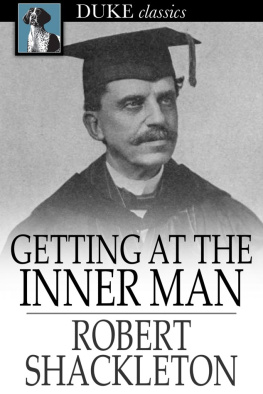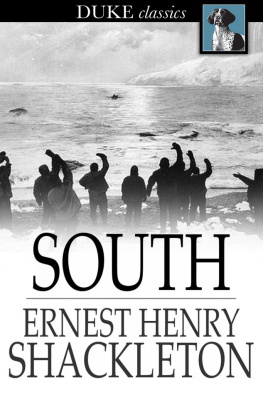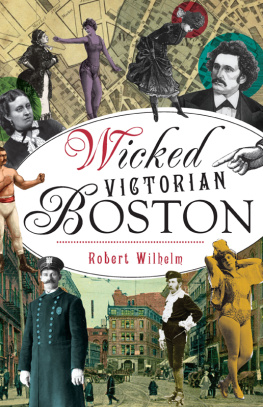Chapter I - Taking Stock Of The City
I SHALL write of Boston. I shall write of the Boston of to-day; of what Boston has retained, and what it has become and what it has built; and I shall write, to use the quaint old Shakespearean phrase, of the memorials and the works of art that do adorn the city. I shall write of the Boston to which thousands of Americans annually pilgrimage. And if, in writing of the Boston of to-day, there is mention of the past, it will be because in certain aspects, in certain phases, the past and the present are inextricably blended. Boston is dear to the hearts of Americans.
A city of interest, this: a city with much of charm, with much of beauty, with much of dignity. A city of idols as well as of ideals, and with some of the idols clay. For, indeed, it is a very human city, with pleasantly piquant peculiarities. On the whole, in its development, a comfortable city. A city of traditions that are fine and traditions that are not so fine. A city of beliefs and at the same time of prejudices. A city rich in associations, rich in its memories of great men and great deeds, rich in its possession of places connected with those men and deeds. No other American city so richly and delightfully summons up remembrance of things past.
I shall write of the people as well as of their city, and of their character and peculiarities and ways. Boston, with its prosperous present and its fine, free relish of a history that is like romance, is a likable city, a pleasing city, a city to win the heart.
And it still has the aspect of an American city. Hosts of foreigners have come in, but something in the spirit of the place tends finely to assimilation. Some portions of the city are altogether foreign, but on the whole the American atmosphere has persisted. There is constantly the impression that Americans are still the dominant and permeative force, and one comes to realize that by their influence, and by a splendid system of day schools and night schools, they are steadily making Americans of foreigners and even more so of the children of foreigners. The early Bostonians, by means of the forces of a thoughtful civilization, and constantly by earnest work and profound sacrifices, expended their energies in fitting their country for the citizens of the future. The Bostonians of to-day find it necessary to fit those citizens for our country!
Boston is a mature city, a mellow city, a city of experience and experiences, a city of amenities, a city of age. Never was there a greater fallacy than the still-continuing one that ours is a new country! It is generations since this was true. When one remembers that the Pilgrims came three centuries ago, and that the Bostonian settlers closely followed them, it is strange that there should still be an impression that this means youth. Clearly, undoubtedly, the city of Boston is old. If one should say that it is not old because it is younger than London, then neither is London old because it is younger than Rome. Age is necessarily a relative term, and three centuries of vivid, earnest, eager, glowing life give age to Boston.
Yet it is not merely because of its age that Boston holds one. A city, like a building or like a person, must have much more than mere age to arouse interest. A city must have charm or beauty or grace, or brave associations with a long-past time; and Boston, with the soft twilight into which its more distant history vaguely merges and with its possessions of beauty and delightfulness and dignity, assuredly possesses these requisites. History and buildings, great achievements, picturesque events Boston may point to them all.
But I shall not attempt to tell everything, or even every important thing, in Boston's present or Boston's past. He who writes of Boston must, from necessities of time and space, leave much untold and undescribed; but in selecting what seem the essential and most notable features one ought, at least, to present the piquant city in a fair and rounded way.
And Boston ought not to be considered in a narrow geographical sense. To write properly of Boston is to write also of the neighboring towns that have come to be associated with her in common acceptance and common thought; the places over which the mantle of Boston has been flung and which stand hand in hand with her in the light of tradition and history.
Chapter II - Boston Common
BOSTON COMMON has given to Boston individuality. Standing practically untouched and unbroken, in the very heart of the city, it represents the permanence of ideals. And it has always represented liberty, breadth, uniqueness of standpoint. One gathers the impression that the people of Boston will retain their liberty so long as they retain their Common, and will sink into commonplaceness only if they give up their Common. It is, in a double sense, a Common heritage.
Utilitarianism would long ago have taken this great central space to make way for the natural development of business; this great opening, in the ordinary course of city growth, would long ago have been cut by streets and covered with buildings. But Boston has held loyally to her ideals: she has held the Common; from the first, she seems to have had a subconscious sense of its indispensability to her.
One might begin, in writing of the Common, with naming the streets that bound it, and setting down the precise area which, by the way, is not far from fifty acres but the vital fact about it is that for almost three hundred years, almost from the beginning of Boston, the Common has been a common in fact as well as in name, held for public use throughout these centuries. No street has ever been put through it; no street car line has been allowed to cross. To some extent the subway has been permitted to burrow beneath, but that has itself been for public use without affecting the surface. The long-ago law of 1640 declared that " There shall be no land granted either for houseplott or garden, out of ye open ground or common field," and this inhibition, broadly interpreted for the Common preservation, has held through the centuries. In 1646 how long, long ago! a law was passed, further to strengthen the matter, declaring that the Common should forever be held unbroken until a vote of the majority of the people should permit it to be sliced or cut; and this very year in which I write, the people, on account of this ancient law, voted on a proposition to reduce the Common in order to widen bordering streets, and by a big majority voted it down.
The ordinary American impression of a common is of a shadeless and cheerless expanse, a flat, bare space. But Boston Common is crowded thick with old trees, it is light and cheerful and alive with happiness; instead of being flat it is delightfully diversified, and instead of being bare it has, over all of its surface excepting the playground spaces, an excellent covering of grass and this in spite of the fact that there are no keep-off-the-grass prohibitions. The Common is a space to be freely used, but the people love it and do not ruin it with use.
Those whom one ordinarily meets on the Common are of the busy, earnest, clean-cut types. Many of them, one sees at a glance, have grandmothers. All are well-dressed, alert, genially happy and the fancy persistently comes that the very air of the Common diffuses a comfortable happiness.








